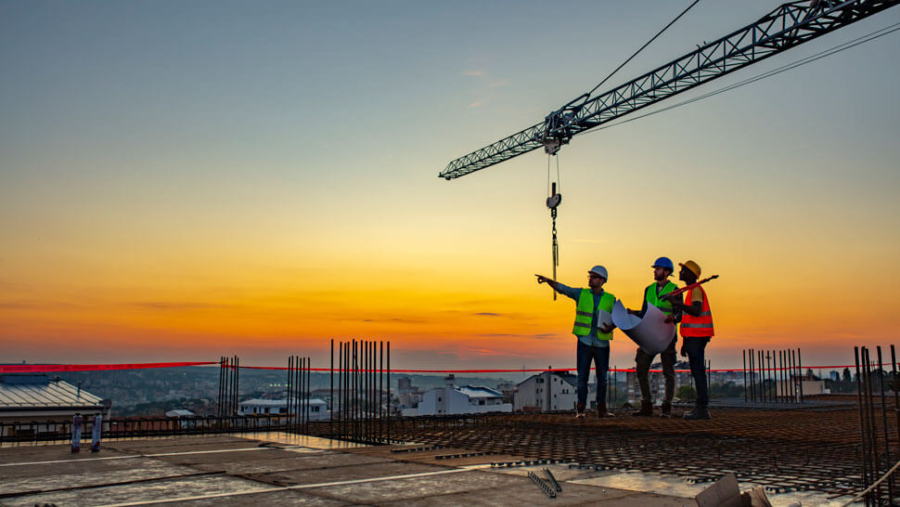

The preferred method for resolving international construction disputes
International arbitration is the most frequently used procedure for resolving international construction disputes, according to a recent survey by the Queen Mary University of London in partnership with Pinsent Masons.
The survey, one of the largest sector-specific empirical studies ever conducted in international arbitration, assembled the views of a wide range of participants within the dispute resolution community working across a broad range of markets. It included views of counsel, arbitrators, expert witnesses and in-house counsel who had frequently been involved with international construction disputes in a broad range of markets including transport, process plants, pipelines, renewable energy, non-renewable energy and upstream oil and gas (other than pipelines).
Arbitration was perceived as the best available process for resolving disputes arising in international construction projects, according to the survey. 71% of respondents specified international commercial arbitration as the most frequently-used procedure and domestic commercial arbitration followed at 39%; London was the most common seat (at 46%).
What are the benefits?
Construction projects often involve multiple parties from different jurisdictions with multiple contracts at multiple levels. International arbitration allows a party in an international contract to avoid seeking redress in the local courts of a foreign party.
Contact our Dispute Resolution team now.
The main benefits of selecting international arbitration in construction disputes are:
- Neutrality and independence – neutrality and independence are paramount factors that influence the selection of arbitration for international construction disputes. Avoiding local political pressures and the lack of diversity in national courts of a foreign party is a real advantage.
- Parties’ ability to select arbitrators and procedural flexibility – parties can tailor the process to meet their needs and select arbitrators (including arbitrators with specific expertise to address any technical issues that may arise).
- Confidentiality and privacy – unlike court proceedings, arbitral hearings are held in private and statements of a case lodged with the arbitral tribunal are generally not accessible to non-parties unless the parties agree otherwise.
- The finality of awards and the enforceability of arbitration awards – arbitration awards are generally not subject to appeal and can be enforced in over 150 signatory countries to the New York Convention on the Recognition and Enforcement of Awards. The survey identified the enforceability of awards as an important reason to prefer arbitration to national courts. Enforcing a foreign court judgment can be more complicated because it often requires a reciprocity agreement between that foreign country and the country in which you are seeking to attach assets.
The survey found that the most frequently used arbitration institution for international construction disputes was the International Chamber of Commerce (ICC) (71%) followed by the London Court of International Arbitration (LCIA) (32%) and then ad hoc arbitrations (where the parties manage the procedural process themselves) in nearly a third of arbitrations (27%).

Contact our International team now.
The case load statistics of international arbitration institutions show the popularity of international arbitration in construction disputes. In 2018, for example, the ICC reported a new record of construction and engineering cases making up 27% of its caseload.
Why is London so popular?
London was the most common seat for construction disputes within the past five years (46%), followed by Paris (35%), Dubai (26%) and Singapore (22%).
The seat of an arbitration is important as it indicates where the arbitration is located in law, the legal regime to which the arbitral process will be subject and the country of the award for the purposes of recognition and enforcement. The courts of the seat have supervisory jurisdiction over that arbitration; acting in the public interest to facilitate the fairness and well-being of a consensual method of dispute resolution.
London’s formal legal structure, the neutrality and impartiality of its legal system, its arbitration law, and the level of support for arbitration given by the courts are key in London’s popularity for international construction disputes. Court intervention in the arbitration is carefully limited and London courts have a track record in enforcing agreements to arbitrate and arbitral awards.










